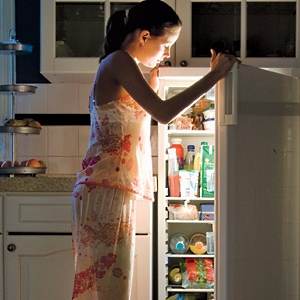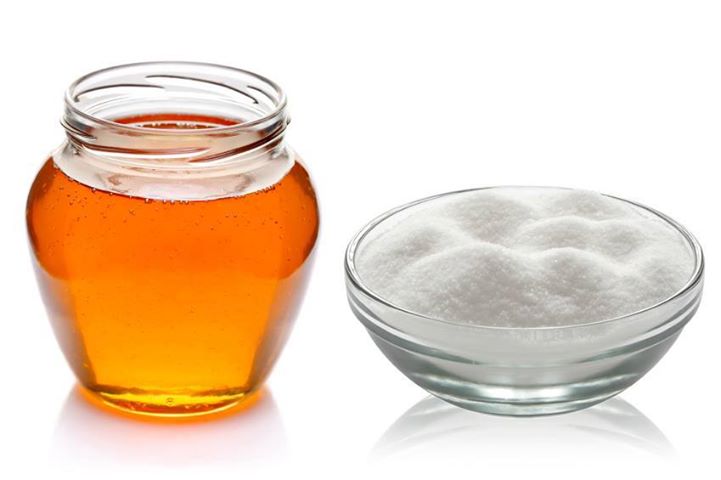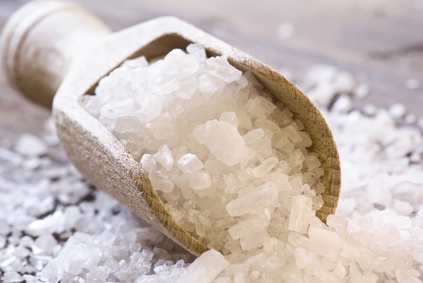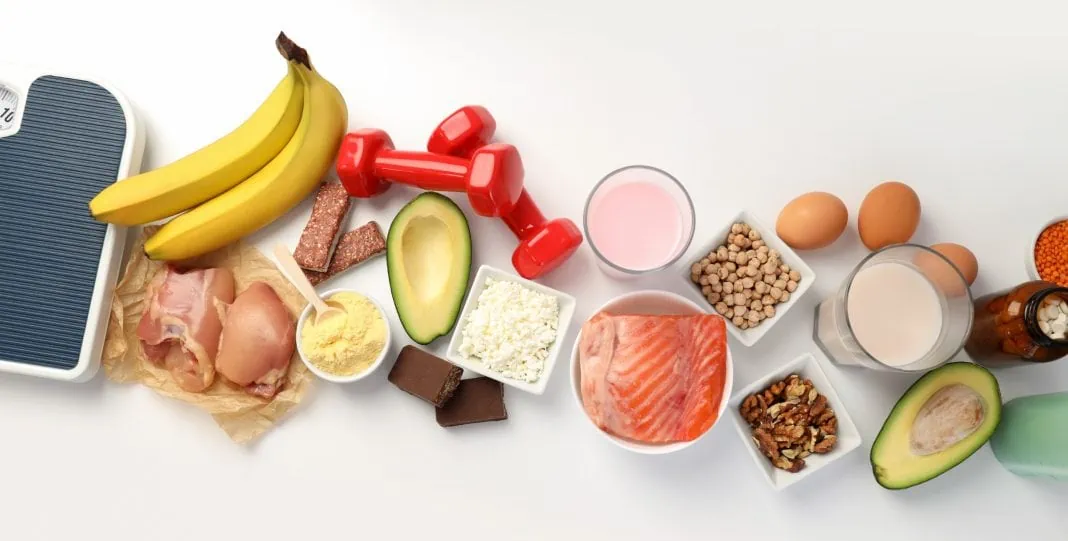“A lie told often enough becomes the truth” – this is how many ideas got into our heads. This is how we find ourselves being so sure about a fact until someone asks, “How do you know?” and then we realize the answer is “Because everyone else says the same thing”.
Debunking popular nutrition myths

1. You will gain more weight if you eat late at night
FALSE. Generally, you will gain weight if you eat more calories than you are required. Of course, not all calories are the same (e.g. dietary fiber, which promotes digestion and even carries some of the calories out). But in the long run, gaining weight is related to how much you eat, not necessarily when you eat it.
The belief that you get fatter if you eat before bedtime is because by that time most people have already eaten breakfast, lunch, and dinner (and God knows what else) and that late-night snack really spills the bucket.
2. If you quit smoking, you’ll gain weight
FALSE. Quitting smoking is exactly what it is and nothing more. The weight gain is just for those people who choose to replace the satisfaction of getting nicotine from cigarettes to getting calories from food.
If you quit smoking and manage to raise your dopamine levels (previously raised by nicotine) from some other activity than eating (e.g.: physical activity), you will not gain any weight.

3. Eating saturated fats increases bad cholesterol levels
FALSE. Yes, it might be surprising, but more and more studies show no apparent connection between the risk of developing heart disease and consumption of saturated fat (sources 1 , 2).
Another study shows that replacing saturated fats with polyunsaturated fats lowered both HDL (good) and LDL (bad) cholesterol levels, although it reduced the risk of cardiovascular disease. Also, the same study concluded that replacing saturated fats with refined carbohydrates can harm your health.
4. A protein-rich diet can damage your kidneys
FALSE. People with kidney disease can worsen their condition by eating too much protein. Protein was shown to improve bone health for healthy individuals, and no link was found between protein consumption and kidney disease.

5. Honey is healthier than sugar
TRUE. Of course, sugar is known as “empty calories,” and honey is a more nutritious choice. But keep in mind that honey is also highly caloric (about 300 kcal/100 gr) so you should eat it in moderation.
6. Herbal products are natural, so this means they’re safe
FALSE. It’s true some of them are quite harmless, but keep in mind an herb or a plant can contain hundreds or even thousands of chemical compounds (even if it’s natural), and some of them can interact with known drugs, pregnancy and medical conditions.
Don’t take natural products mindlessly. Seek advice from a doctor before you do, to ensure you won’t damage your health.
7. You need to eat more protein to build muscle
TRUE. But not without regular physical activity and sufficient calorie intake. Simply eating protein will not make muscles grow like magic. And eating too much of it will get stored as fat, just like eating too much carbs or fat.

8. Sea salt is healthier than table salt
TRUE. Sea salt is usually less processed than table salt and thus is richer in minerals and other nutrients. Table salt is actually salt from underground deposits and it’s heavily processed, leaving it with little or no mineral content. Although both of types of salts have roughly equal amounts of sodium, it doesn’t mean you can eat more sea salt just because it has some extra minerals in it.
9. Diet soda will not get you fat, so it’s safe for your health
FALSE. Studies show that consumption of artificial sweeteners (also found in diet soda) can lead to uncontrollable appetite, and diet soda is also associated with an increased risk of obesity.
10. Meat is bad for your health
FALSE. Even though nowadays red meat has a bad name and poultry and fish are widely advertised, studies show that meat consumption in moderate amounts does have several benefits. Meat is rich in vitamin B12, and adequate intake reduces the risk of age-related brain shrinkage. However, processed meats like sausages and bacon can increase the risk of developing heart disease.
The conclusion is, don’t believe everything you read online. There are certain influencers or publications that advertise different products or nutrients simply for monetary gain. A nutrition article such as this can shed some light on many false nutrition facts found online. Evidently, we always encourage to get your facts from more than one source. Stay healthy!
